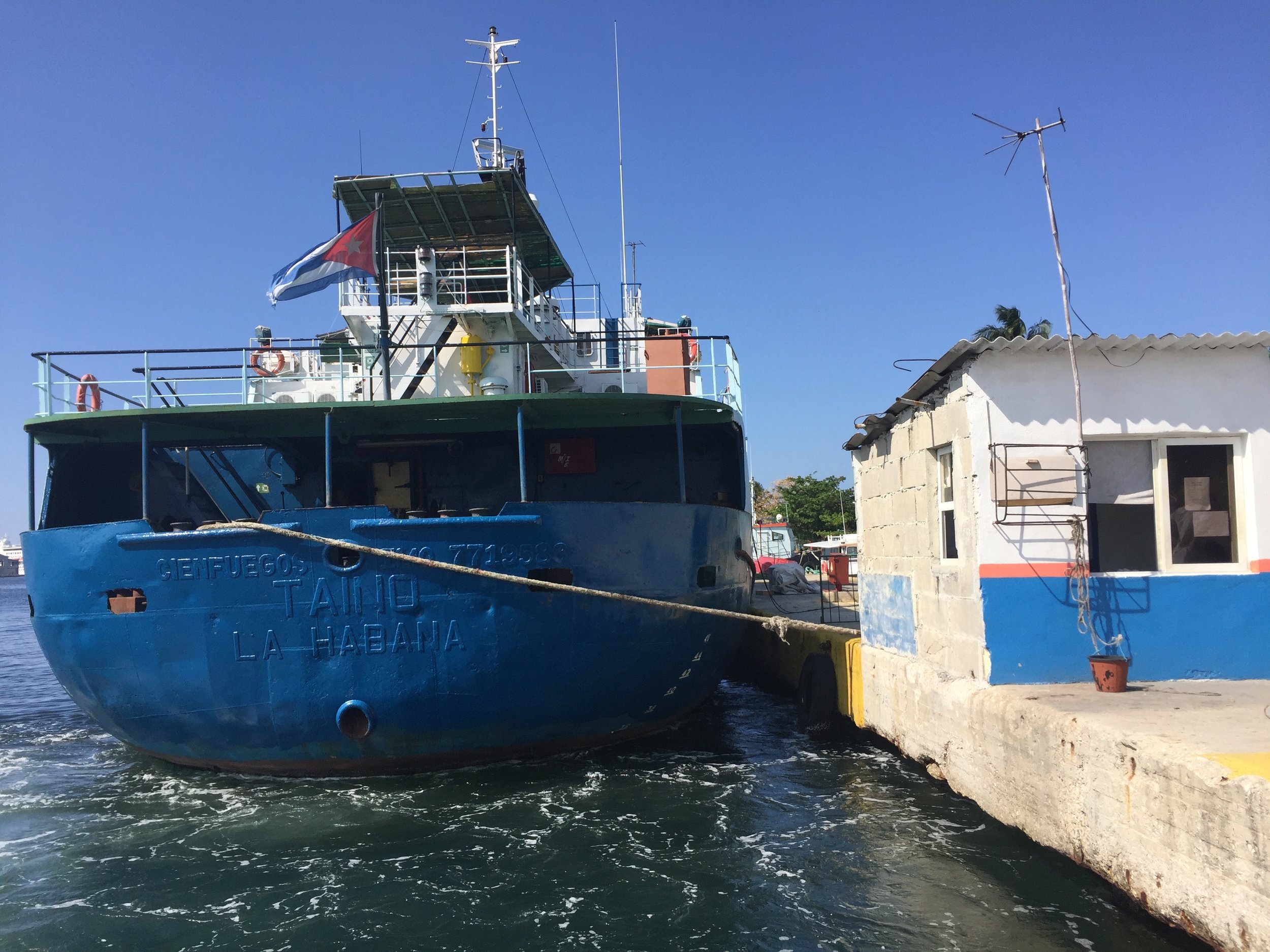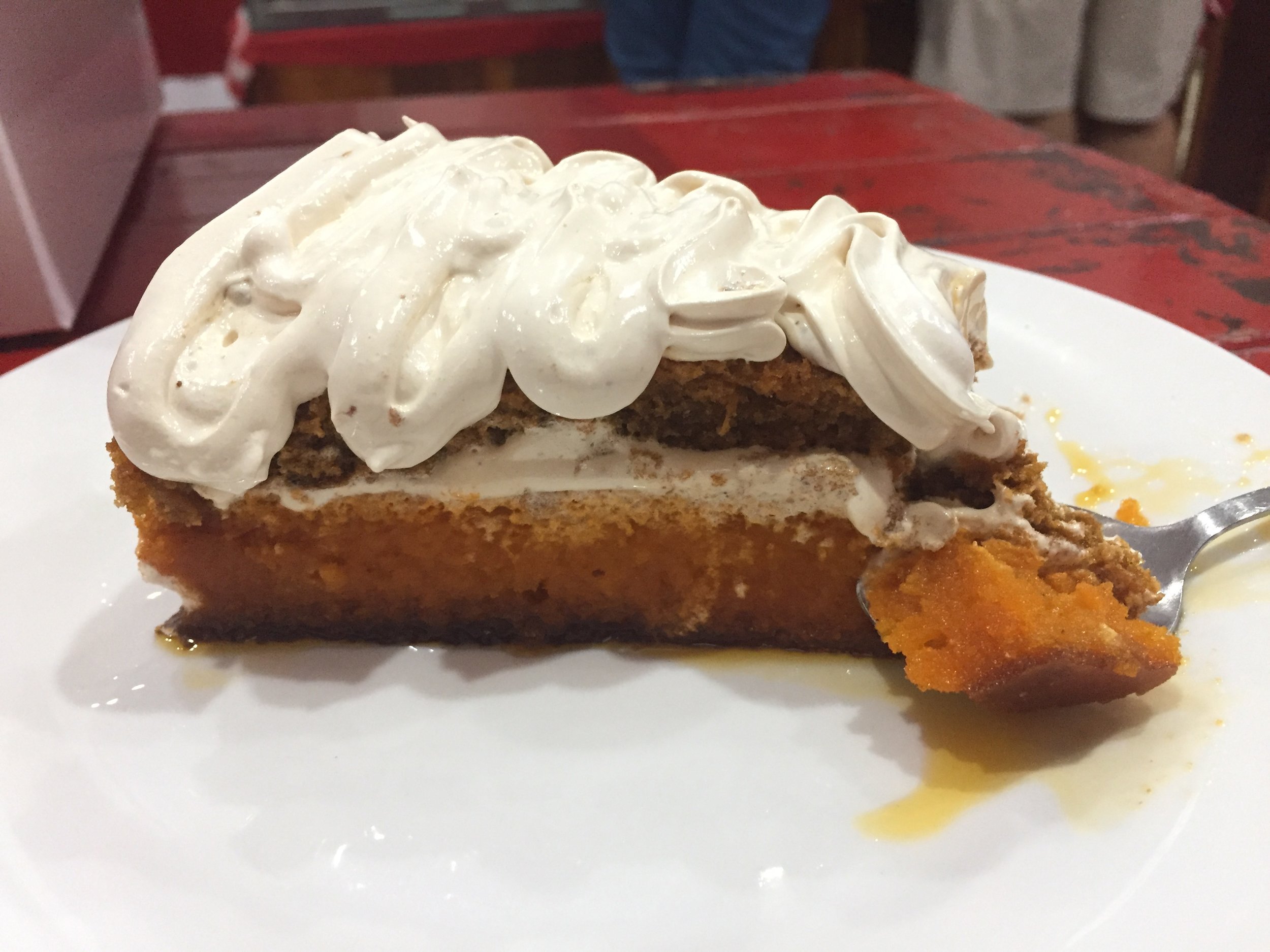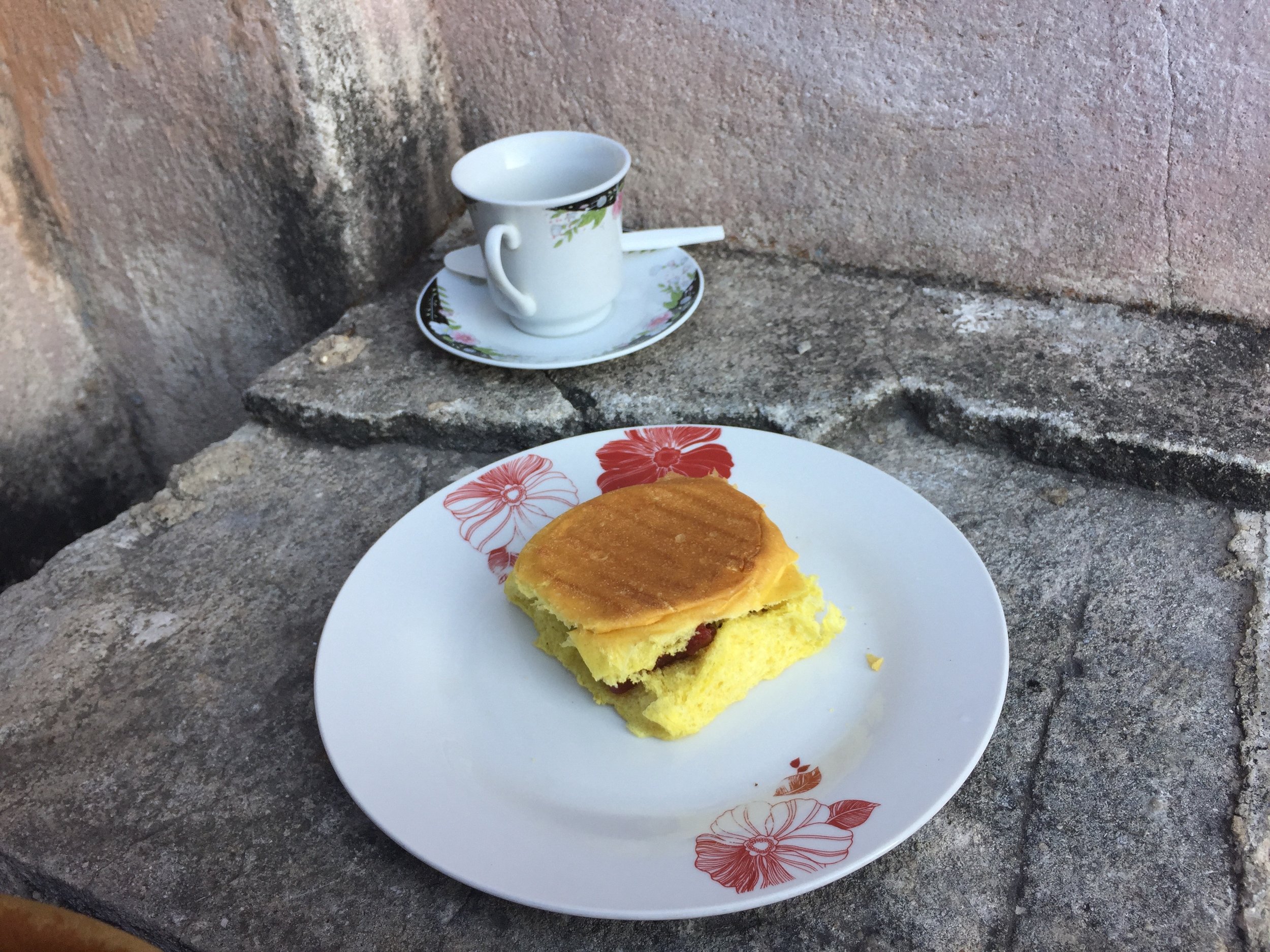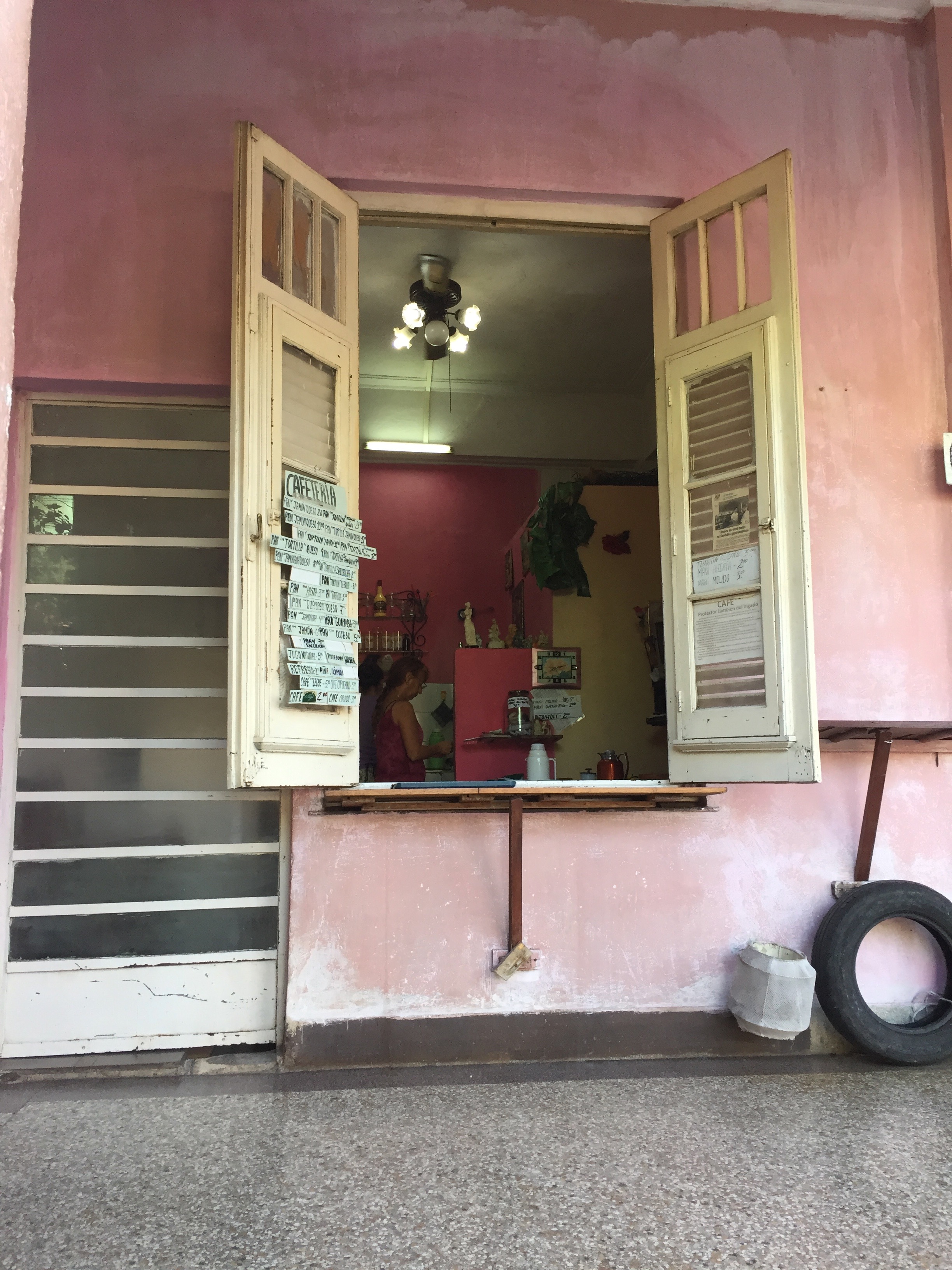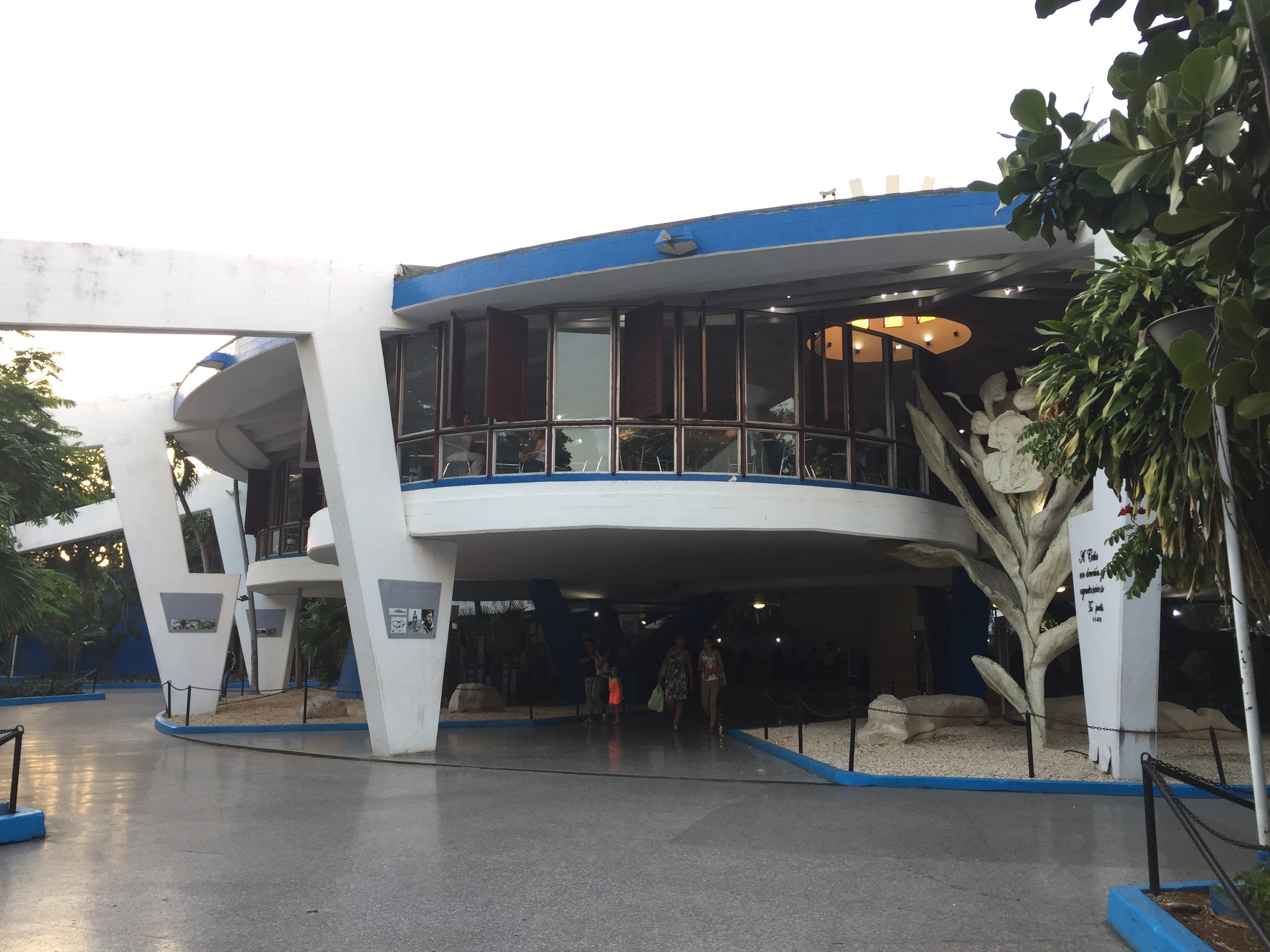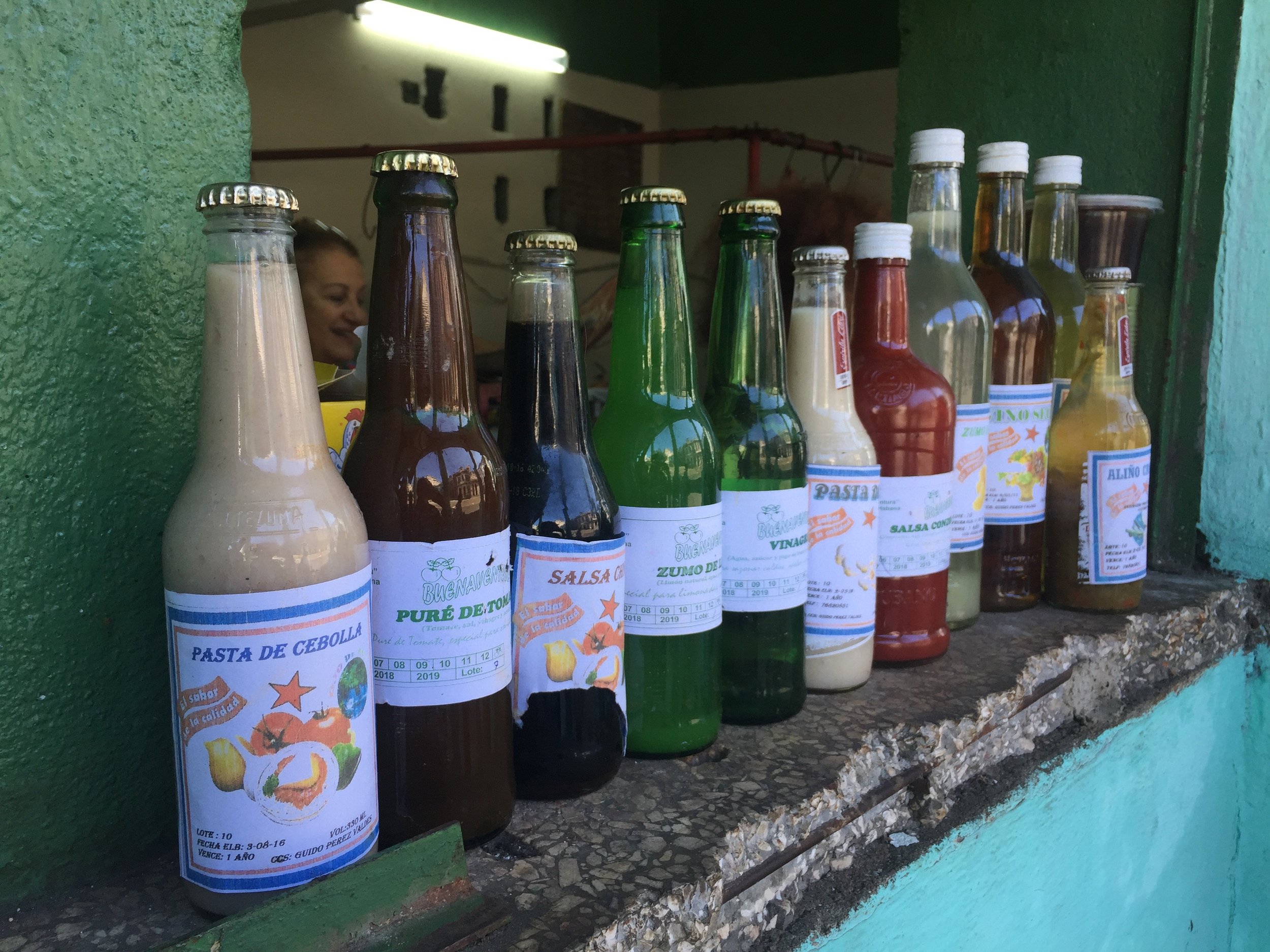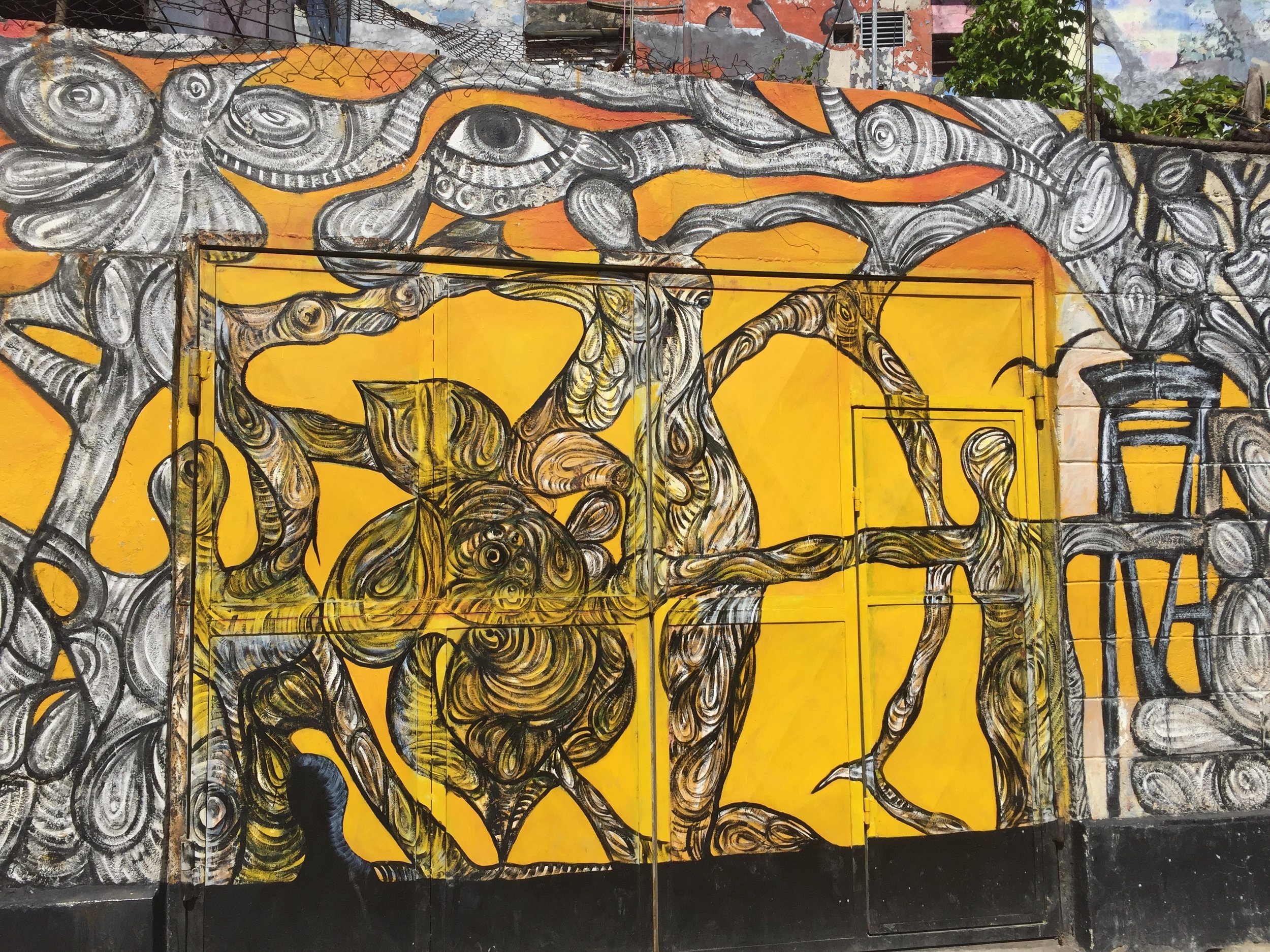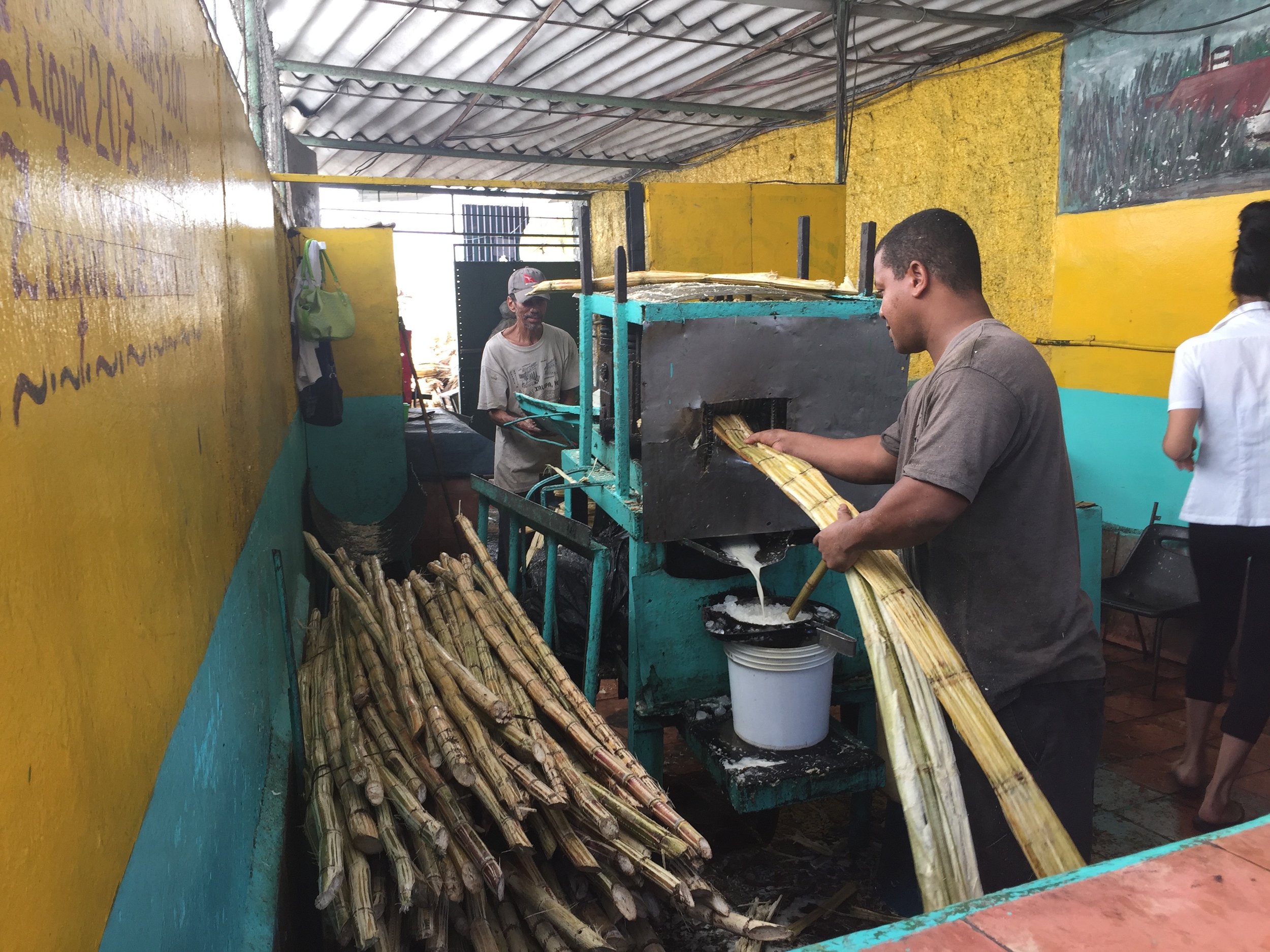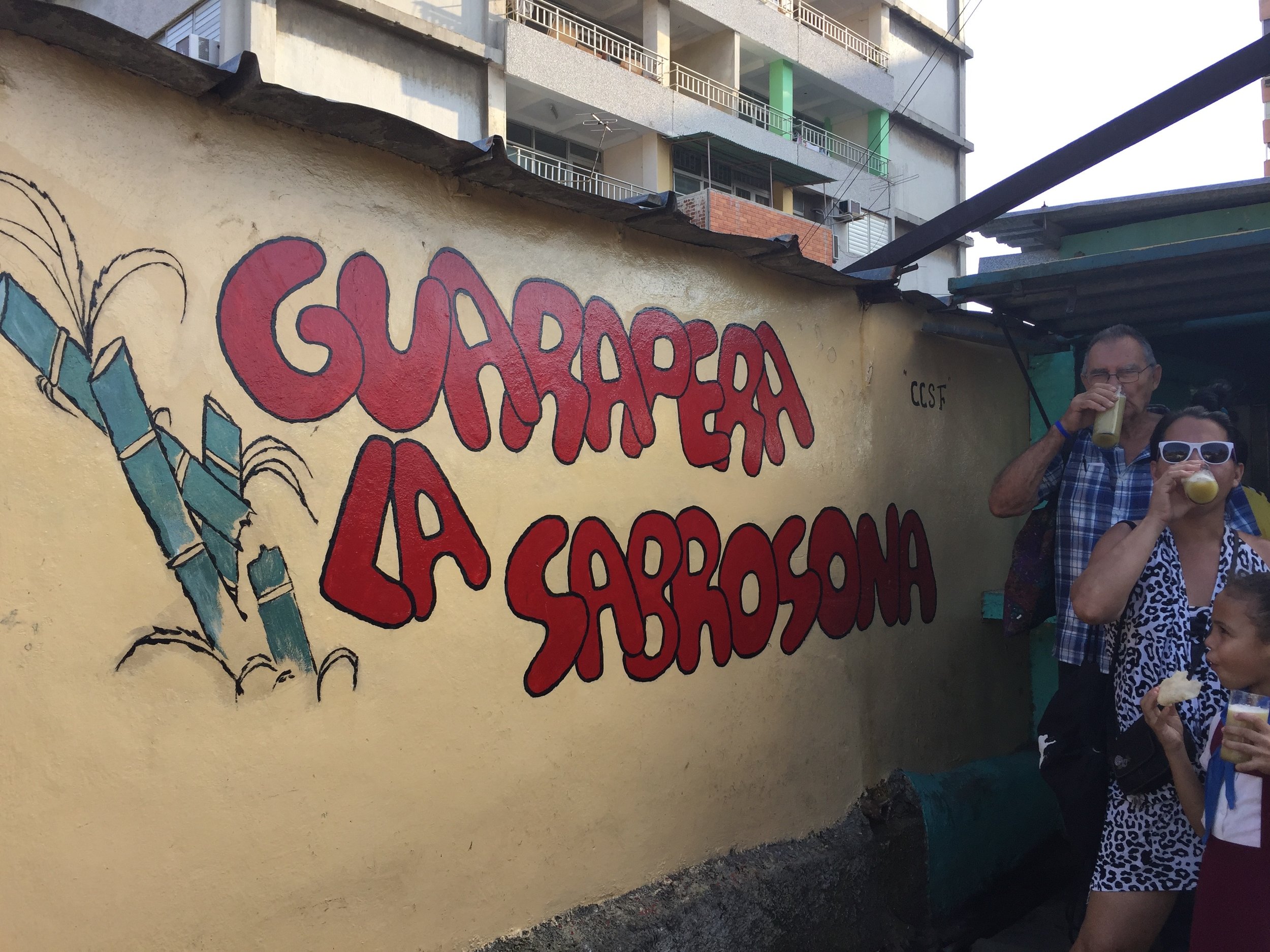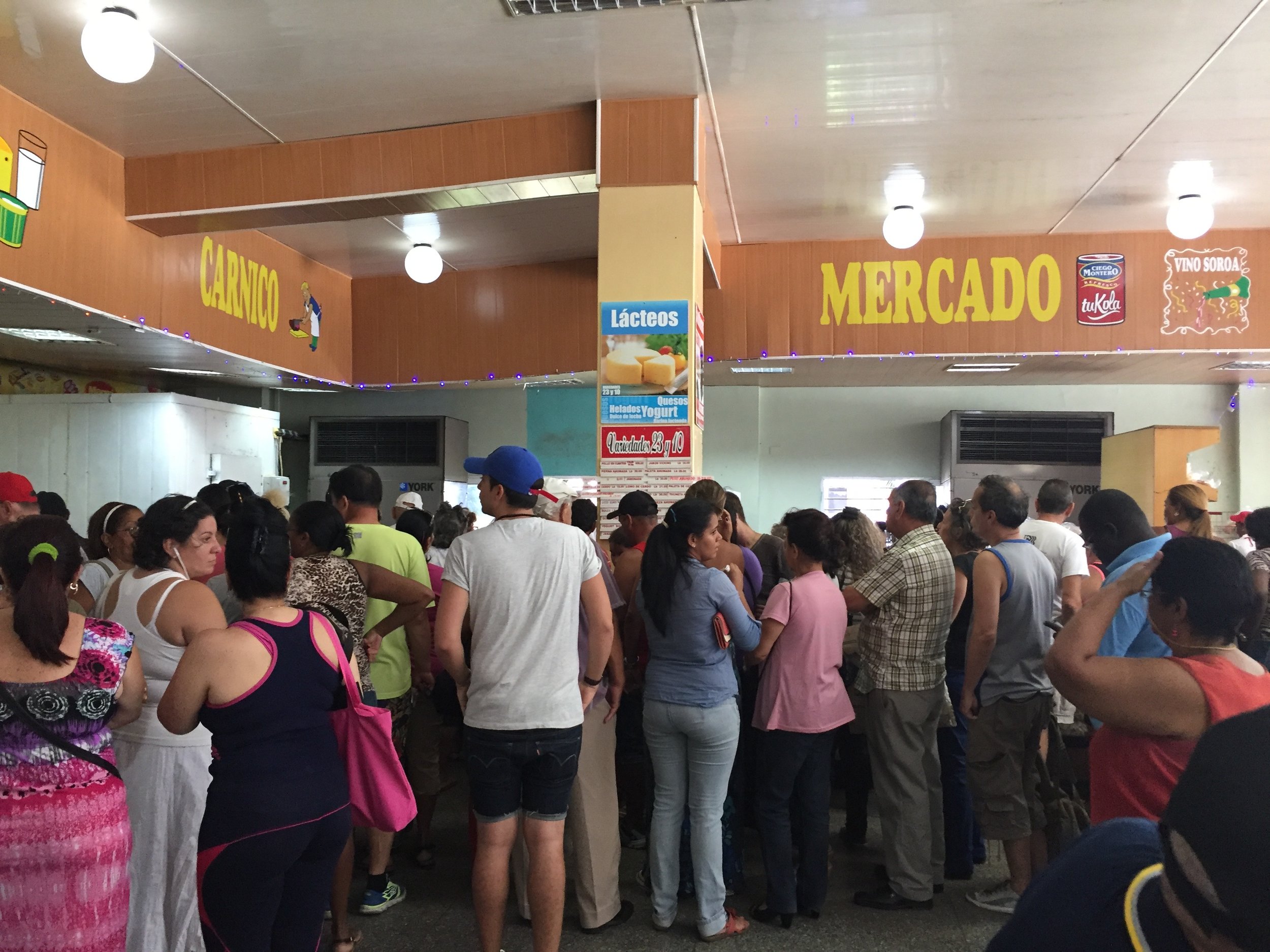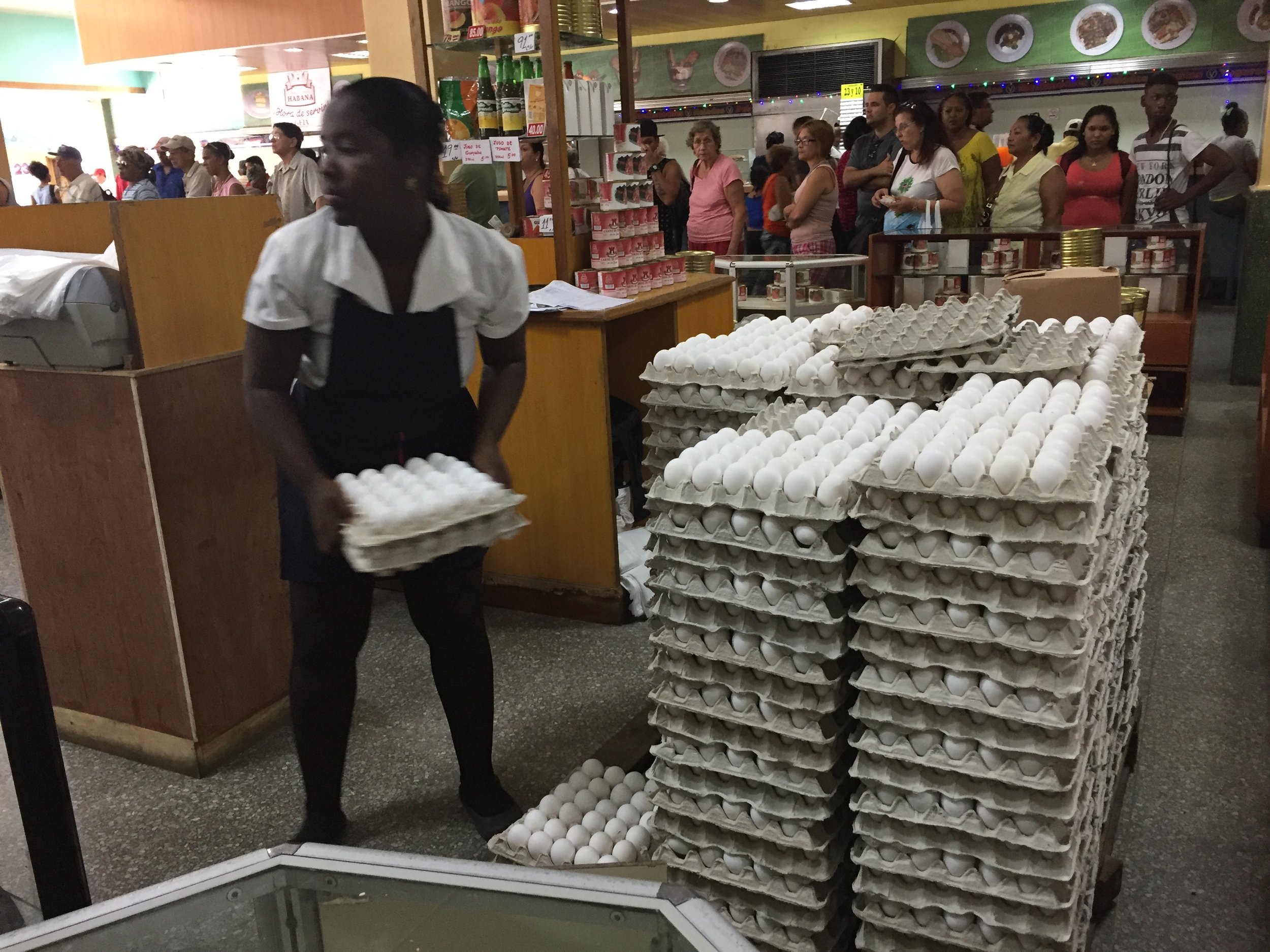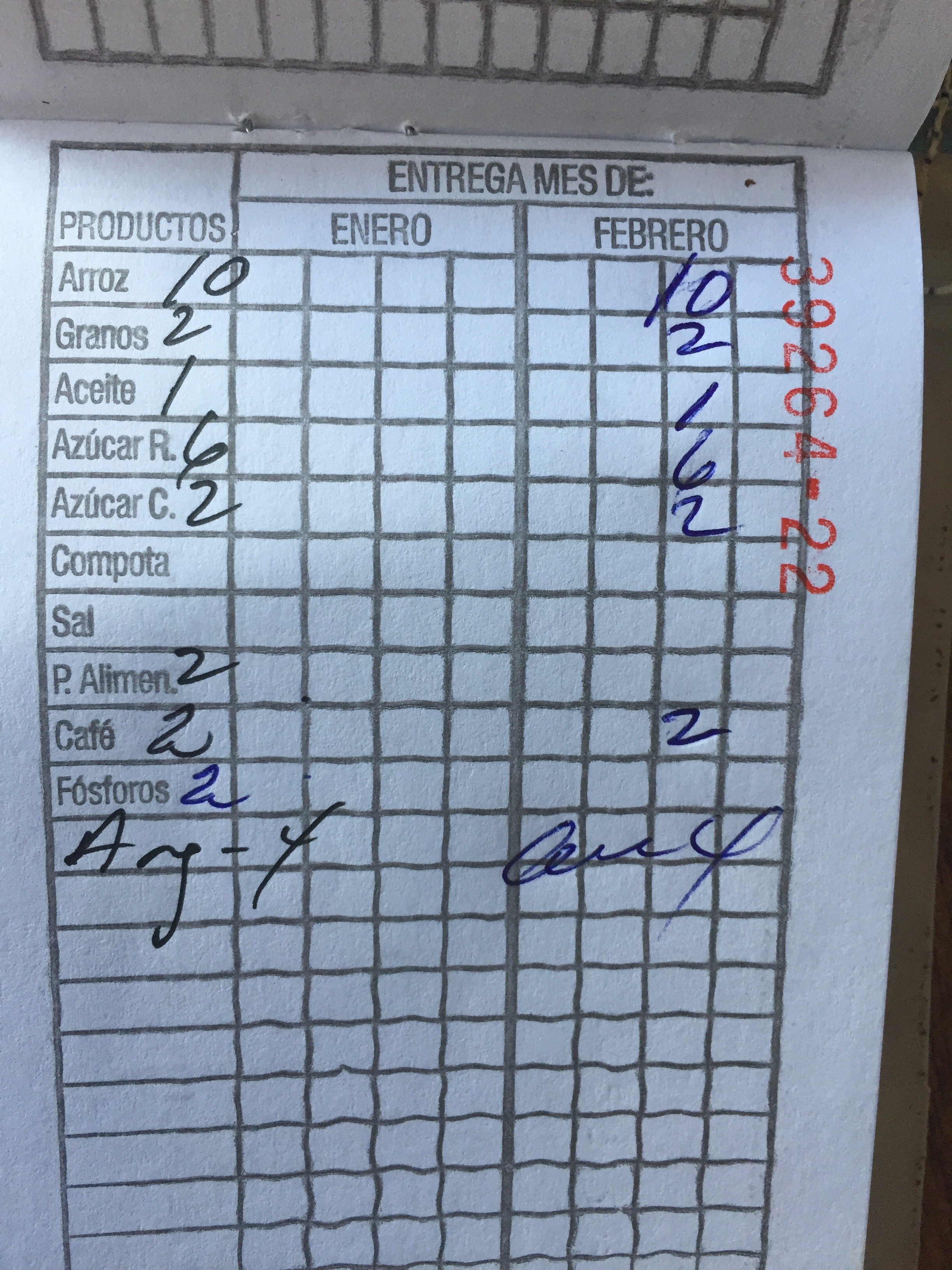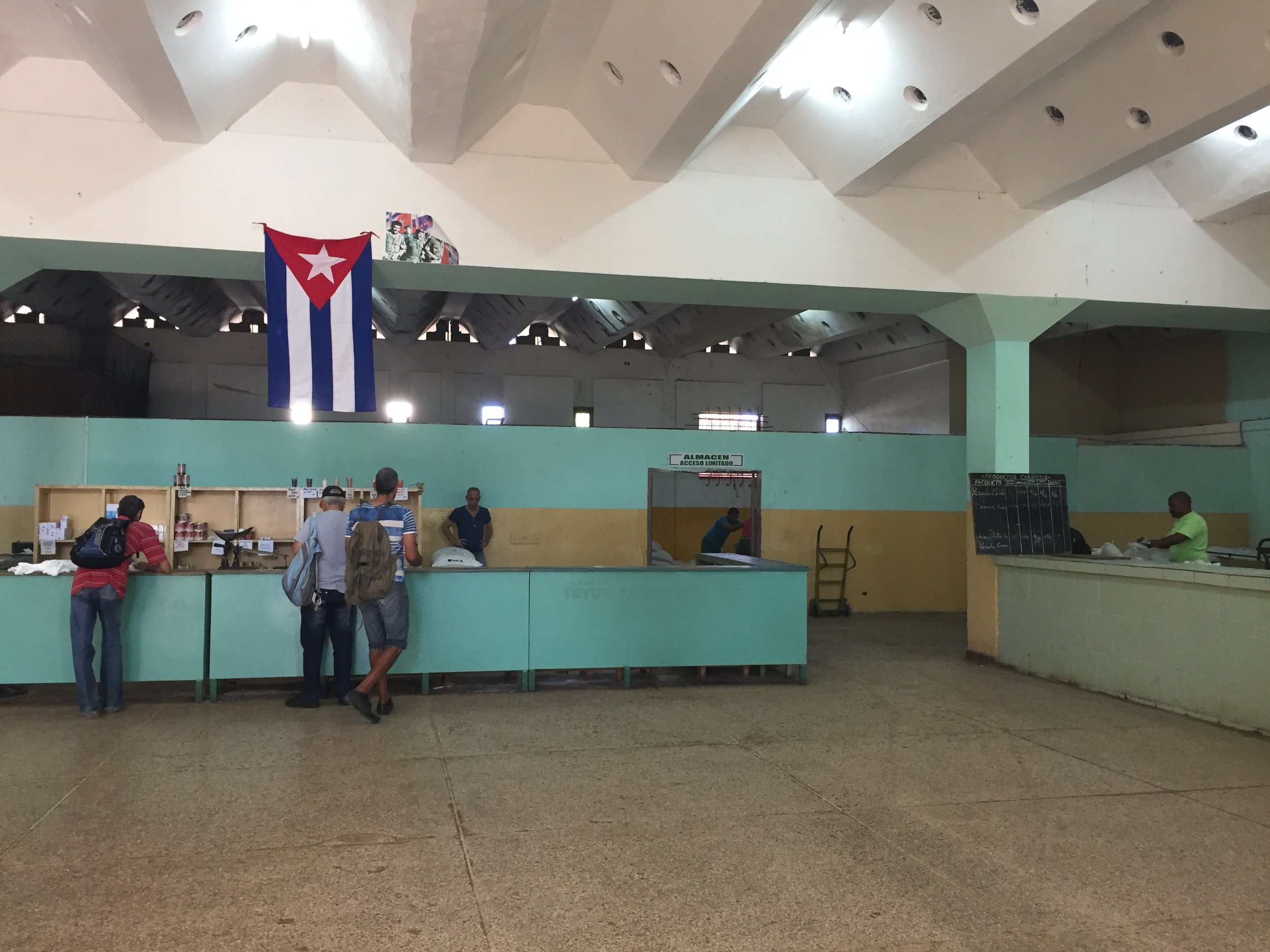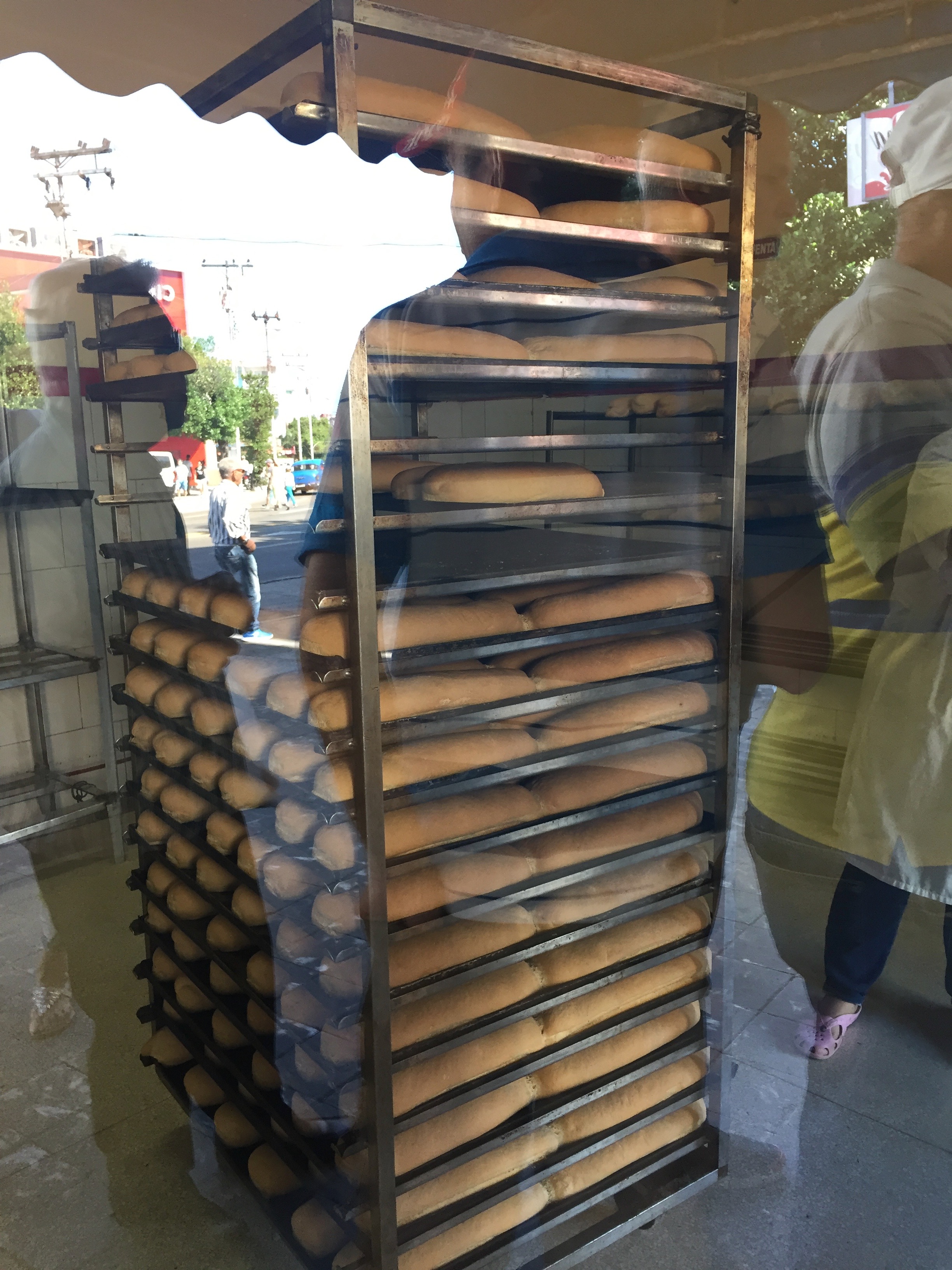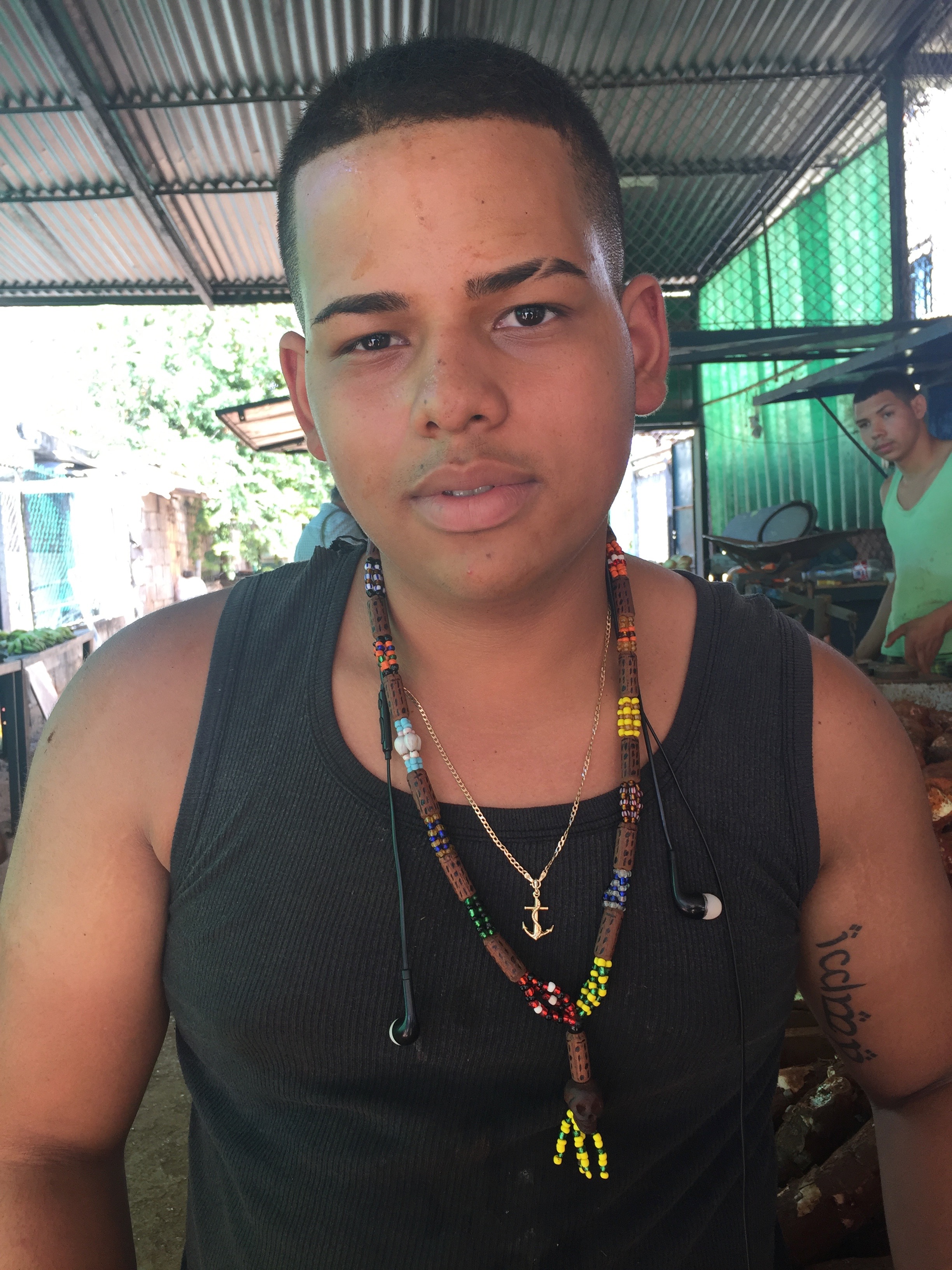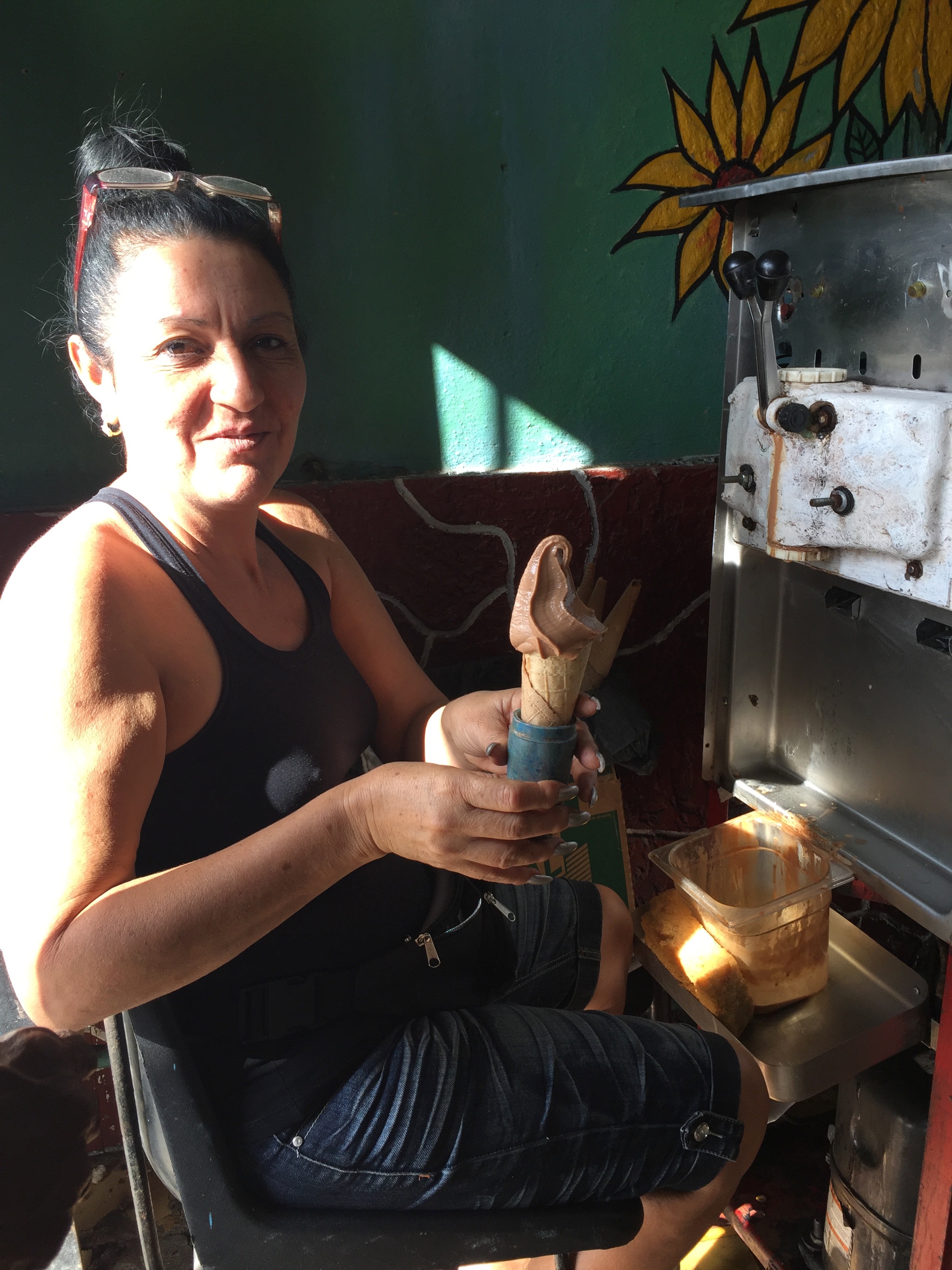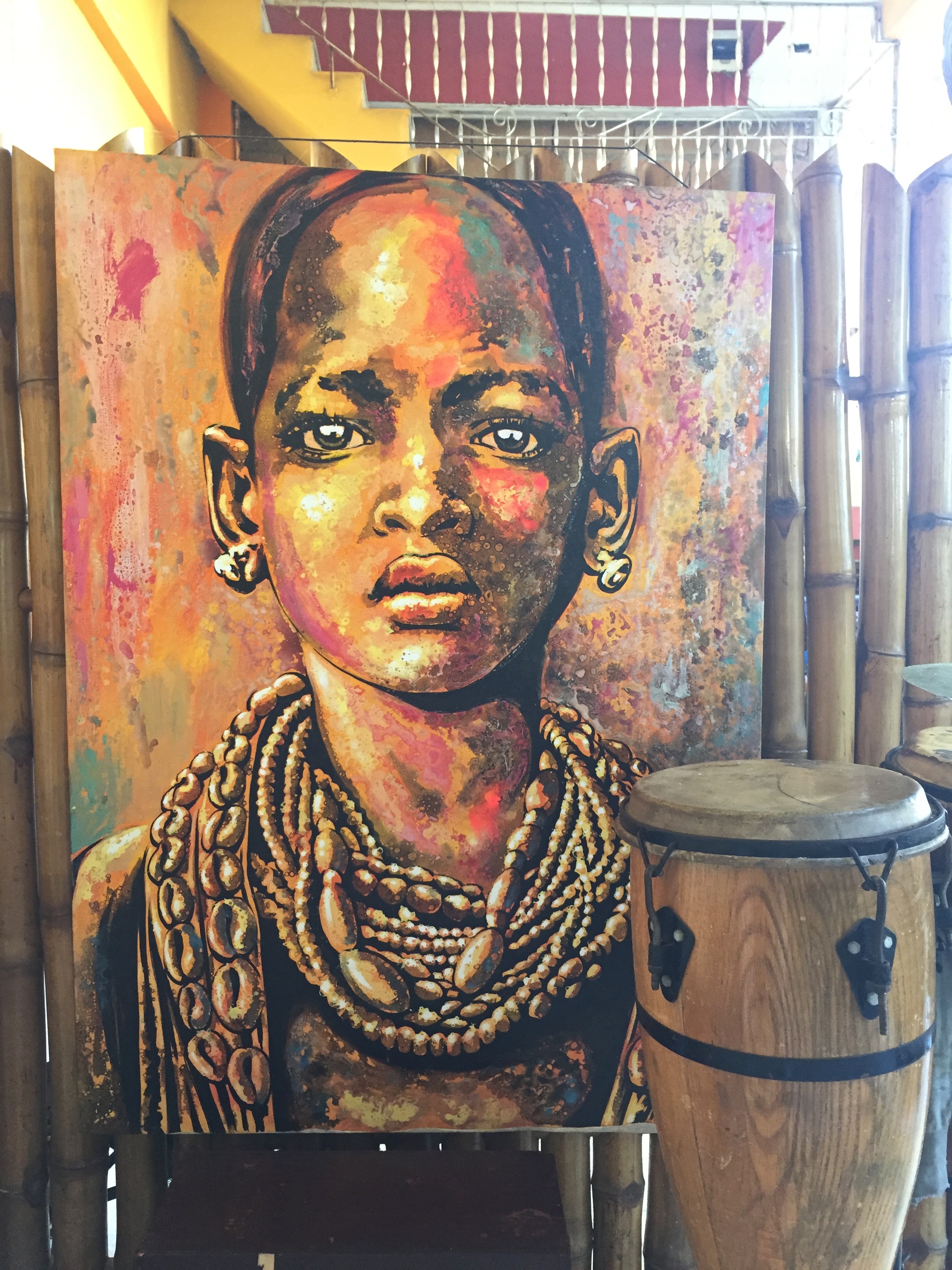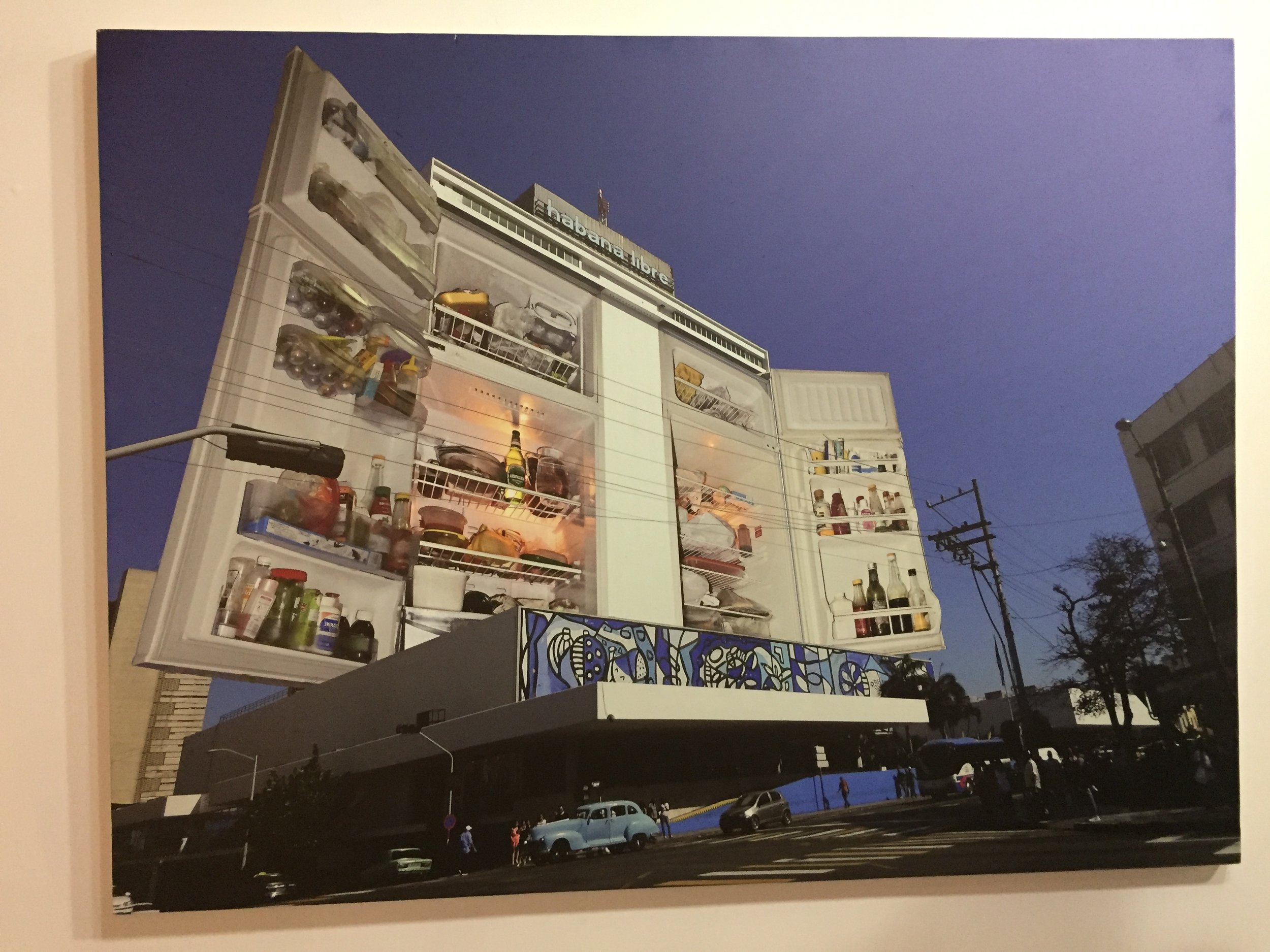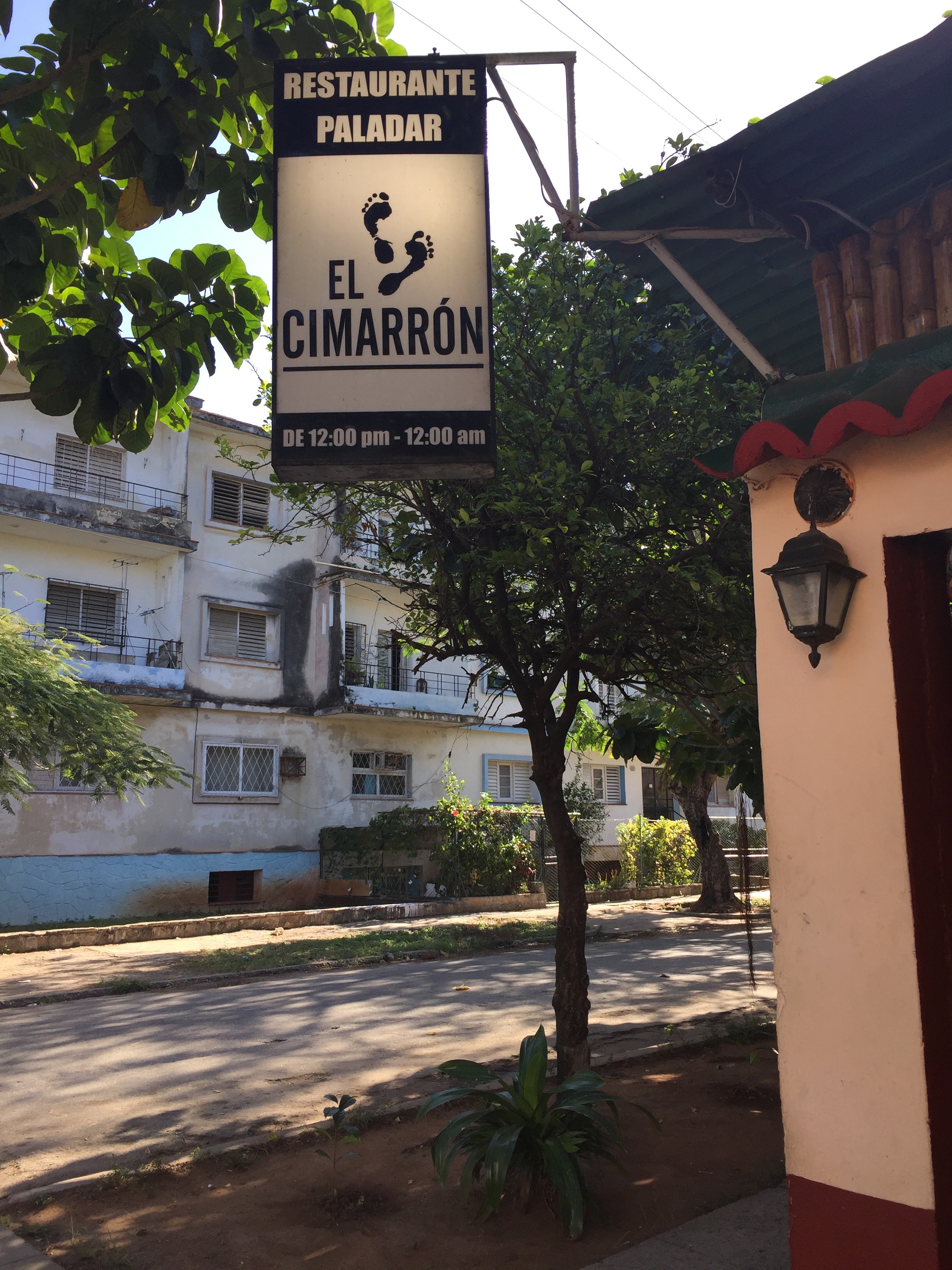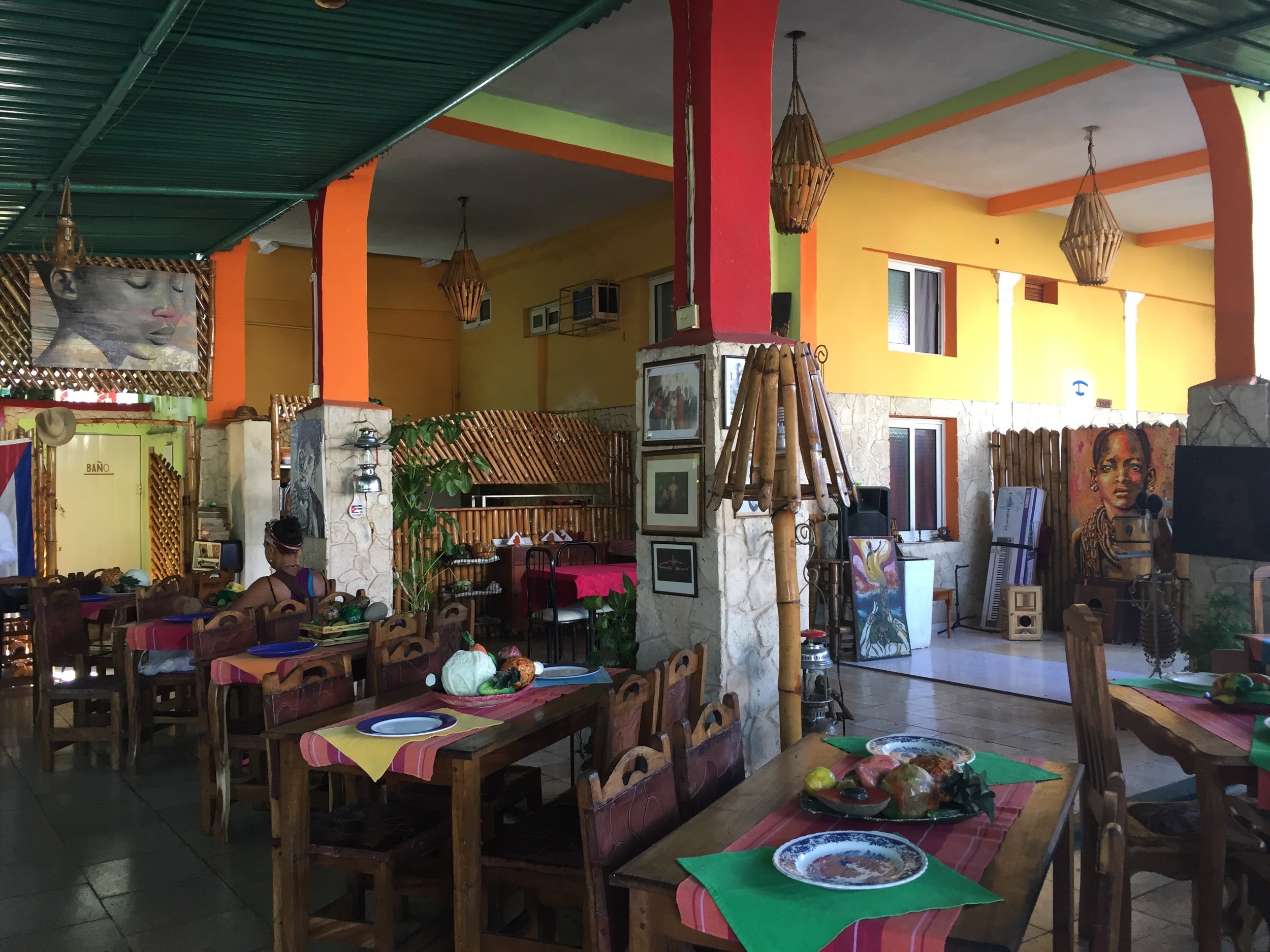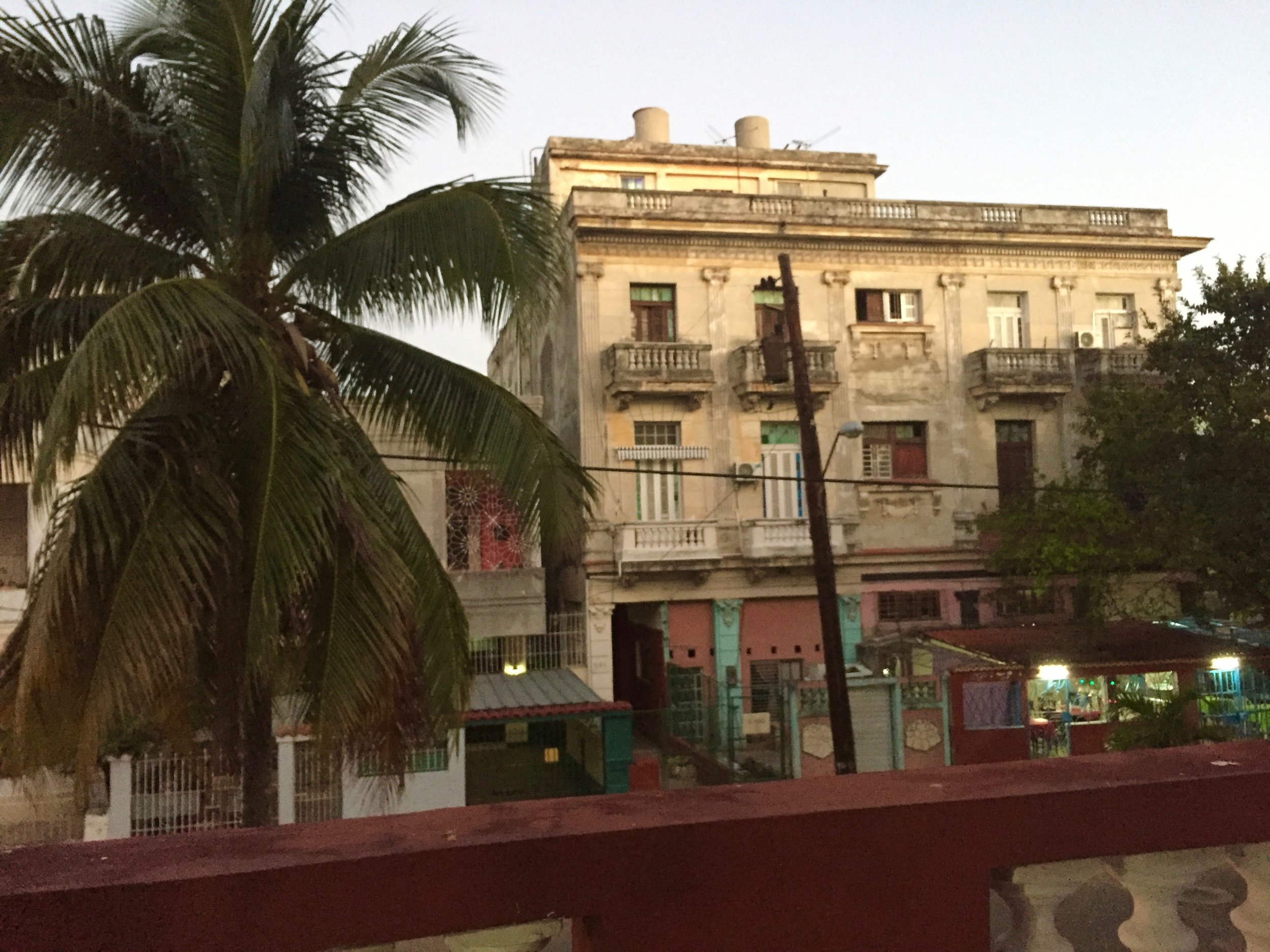Cuba Underground: A glimpse of life 2017
Episode 12 of The Table Underground digs into life in Cuba with guest Cuban-American scholar Albert Laguna and host Tagan Engel. They talk about the realities of life in Cuba, the two currencies/economies, food in daily life, the impact of growing tourism on the life of Cubans, Afro-Cuban culture, history, life today and the growing economic and racial divide on the island.
Cuba has been calling me since I was 19. I was a dancer and capoeirista living in Brooklyn while in college in the early 90's, and spent much of my time training and dancing with people from brasil, cuba and and diverse crew from NYC. When I first experienced rumba, I fell deeply in love. The rhythms, the dance, the machismo, the sass of the women and the playfulness of it all entered my soul and never let go. Life continued on in force and took me to the middle east, to Boston, to Nigeria, to Germany, I started a business, got married, had children, became an activist, all important journeys, but somehow I never made a trip to Cuba happen.
So when my dear friend, a fellow Orisa practitioner, dancer and food activist called to say there was an open seat and a really cheap ticket to travel to Cuba with her this past February, there was just no way I was going to say no. I started gathering info from friends who had been there or were from there about places to dance, people to visit, and places to see. I spent hours online learning about the two types of cuban currency, addresses of produce markets, music venues, dance schools and familiarizing myself with a map of Havana so I'd have a clue about my surroundings when we landed. Many friends had warned that internet access is next to impossible to use in Cuba, so we set up a google doc where we compiled all relevant addresses, phone numbers and info of things we wanted to see. For me this included a number of agricultural markets, dance schools, people in the spiritual Santeria Orisha community, our casa particular (like a bnb) and neighborhoods off the beaten path so we could learn about life in Cuba, not just tourism.
Opi and his friend were fabulous first people to connect with when we arrived.
Landing in Cuba was surreal. It was less than three hours from NYC, but had taken me more than 20 years to get to. The newly relaxed regulations between the US and Cuba made traveling in fairly smooth, and I was surprised that there was no sense of surveillance or proving that we were there for good reason. As long as we had our health forms filled out and customs papers, we made it out of the airport and in view of palm trees, 1950's cars and yellow taxi's with ease. We had arranged to have someone from El Cimarron pick us up at the airport for $30, which made our landing easy. My Spanish is pretty passable (I have a good accent and am comfortable speaking even if I have the grammar of a 5 year old), and Leah speaks good Spanish, so that certainly helped us slide into life there, but there were many people who spoke some if not a lot of English in Havana, so you can get by with only a Spanish phrase book in hand if needed.
We discovered a wonderful Casa Particular, which are either a room in someone's home or a small apartment owned by a family, that can be rented per night. Most are currently about $25- $35/night. Ours was called El Cimarron, which is a family owned project that also has a great restaurant and a dance school in the Vedado neighborhood of Havana. This was perfect fit for us as there was music and dance right where we were staying, and also, an intriguing kitchen that I hoped to get to help out in doing a chef to chef exchange!
I spent much of my time wandering the city trying to understand the details of day to day life and of course, food in Cuba. Here are some photos to illustrate some of what I experienced. Check out the podcast above or on any podcasting site you like, and check back soon for more detailed writing about this trip and all the complicated, beautiful life that is Cuba.
Special thanks to guest, Cuban-American scholar Albert Sergio Laguna for joining me for this conversation and dropping some serious knowledge about Cuba.
Dunia & Fernando in the kitchen at El Cimarron, serving up fried rice and seafood risotto cuban style.

